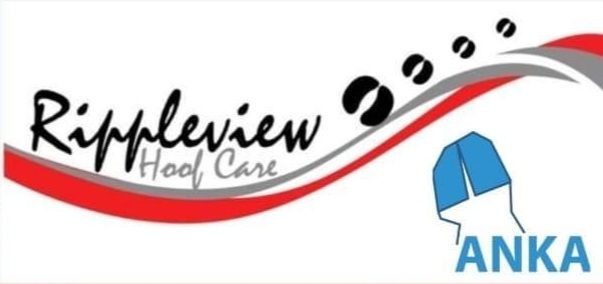A pest control innovation newly available to dairy producers delivers up to 90 days of fly-killing power in a broad-spectrum premise spray. From the calf barn to the milking parlor, Annihilator Polyzone from Bayer Animal Health brings effective, longer-lasting fly and insect control to the areas of the dairy that need it most.
“The main benefit of this product is that it will maintain control with fewer applications,” explains Dr. Douglas Ross, manager, clinical development projects, Bayer Animal Health. “Instead of spraying once a week, you are spraying once every three months.”
When mixed and applied according to label instructions, the unique polymer in the new product forms a protective, water-resistant layer over the surface on which it is sprayed. On dairies, this may include a range of smooth, rough and porous exteriors. Whether concrete, steel, plastic or wood, Ross maintains that the insecticide film stays in place, even when wet, for a slow release over time.
“One of the most important features, in respect to use on dairies, is that it does not get washed off right away,” he adds.
This staying power offers advantages, particularly in areas that are routinely washed or subject to rain or moisture like milking parlors, barns with sprinklers or misters, and calf housing. Studies have shown that the spray holds up as long as 90 days.
“We’ve done multiple studies under different conditions and have gotten to the three-month point,” Ross says. “This polymer-containing product has been tested on many different surfaces and under all kinds of conditions against four or five leading competitive products in the pest control industry, and it always wins.”
A longer-lasting spray means fewer applications over the course of fly season, thus saving time and labor. Benny Rector, manager at D&E Jerseys, Hilmar, California, can testify to that.

“It saved us labor because we did not have to come back continually and spray,” says Rector.
His former fly control protocol included broadcast spraying weekly from April through the end of October around tough-to-control areas, such as the calf barn. After trialing the new product last summer, he was pleased with its effectiveness.
“We saw a significant reduction of flies in our calf barn,” recounts Rector. “We saw a good kill for about three months.”
Rector also used the new spray around the exterior metal walls of his hospital barn. “We saw a good kill around that area, too,” he adds.
Compared to other pest control sprays he has used in the past, Rector was pleased with the performance of the new product. Not only was he impressed by the results, but he also found it easy to use and the cost is comparable to other spray products on the market.
For best results, Ross recommends spraying at the first sight of adult flies.
“The key is to not let it get ahead of you,” he says. “If you can hit them early, that will keep a lid on them for the rest of the season.”

Dairies interested in increasing the killing power and longevity of their fly and pest control programs can purchase Annihilator Polyzone from animal health suppliers and veterinarian dealers who sell Bayer Animal Health products. It is approved for use in the U.S.
As fly season approaches, Rector plans to keep the new spray as part of his pest control protocol.
“There is no doubt, we will be using it again,” he states. PD
PHOTOS
MIDDLE: “Like all dairies, fly control is a major concern for us,” says Benny Rector, manager at D&E Jerseys. The dairy was one of the first to use Bayer Animal Health’s new longer-lasting, pest-controlling premise spray, Annihilator Polyzone, last year. Photo courtesy of Ron Berg Photography.
BOTTOM: “The biggest benefit was the long-term, effective kill,” adds Rector, who trialed the spray in one of the most challenging areas to control flies on his dairy, the calf barn. He was able to reduce spraying from once per week to once every 90 days. Photo courtesy of Bayer Animal Health.

Peggy Coffeen
Editor
Progressive Dairyman
YOUR RESULTS
Would you benefit from this type of pest control? The following checklist can be used to determine if this new technology might be a fit for your operation.
1. Is controlling flies and other pests important on your operation?
2. Are you seeking a longer-lasting fly control solution?
3. Are you looking to reduce the frequency of premise spray applications and the associated labor cost?
4. Do you need a fly control product that holds up in areas that are frequently washed or subject to the elements?
5. Are you looking for one product that can be safely used around the dairy, including areas such as the calf barn or milking parlor?
If you answered yes to two or more of these questions, this technology may be one for you to consider.







